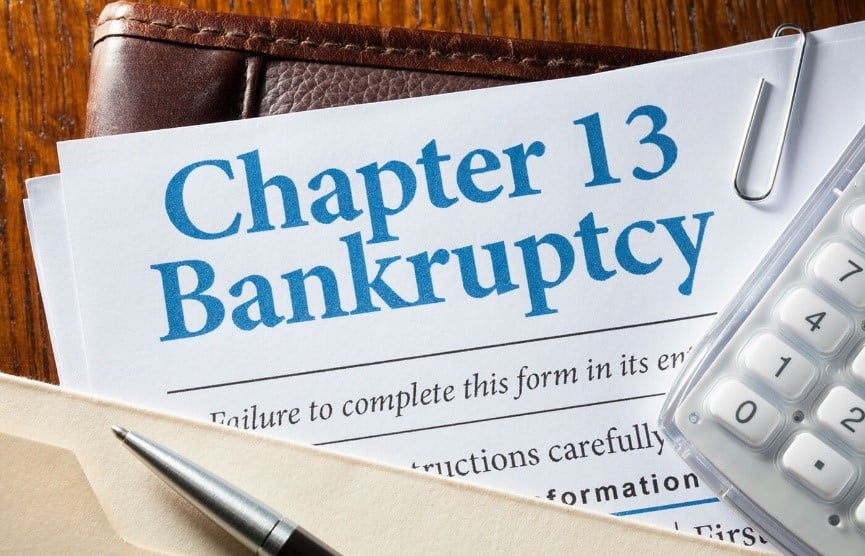Chapter 13 bankruptcy is often the solution for individuals who are looking to protect property and reorganize and reduce other debts. Chapter 13 bankruptcy provides you with a way to gain back control. Your creditors will be prohibited from calling you, and you will be provided with relief from all of the stress and frustration debt can cause.
Chapter 13 allows the debtor to come up with a debt repayment plan that cannot exceed five years. This plan must address how the debtor plans to repay priority claims such as back taxes. Since Chapter 13 requires the debtor to make scheduled payments in full to a court-appointed trustee, the debtor must have a stable income and a disposable income.

A debtor may be better off filing for Chapter 13 bankruptcy in many instances. For example, you may not qualify for a Chapter 7 bankruptcy. If your income over the last six months has actually been more than the average income of a household your size in your state, you will not be able to pursue this. In a situation like this, it may be better to file for Chapter 13 bankruptcy.
In order to navigate the Chapter 13 process, it is essential to have a skilled and knowledgeable attorney who understands this process in depth.

